Seeno’s attorneys request new trial following Save Mount Diablo legal victory against Faria project in Pittsburg hills
Thursday, March 3rd, 2022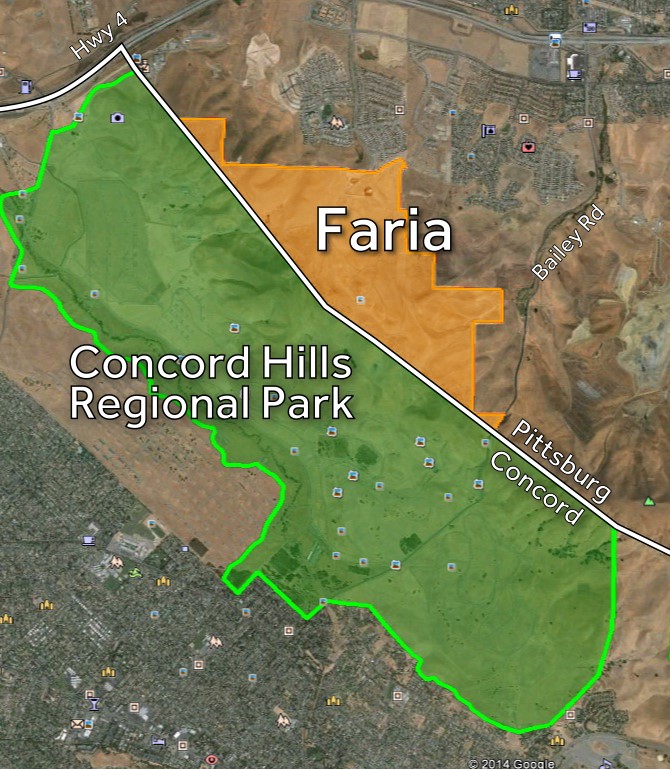
The now named Thurgood Marshall Regional Park is directly adjacent to the Pittsburg City Council approved Faria project. Herald file graphic. Credit: Save Mount Diablo/Google Earth.
607-acre, 1,650-home development next to planned Thurgood Marshall Regional Park
SMD leader says motion for new trial “should be denied”
By Allen D. Payton
Last Friday, Feb. 25, 2022, attorneys representing Discovery Builders and their Faria new home development requested a new trial for the lawsuit by Save Mount Diablo, following a judge’s decision in favor of the environmental group to stop the project. As previously reported, on March 30, 2021, Save Mount Diablo filed a lawsuit challenging the City of Pittsburg’s approval of the 1,650-unit Faria project, on the ridgeline between Pittsburg and Concord. According to the agenda item documents, the master plan overlay district encompasses approximately 607 acres of land. (See related article)
The motion for a new trial was filed “on the basis that the Court’s decision is not supported by the evidence and controlling legal authorities. Specifically…that there were several portions of this Court’s February 10, 2022 Statement of Decision that may not have fully considered evidence in the administrative record.” In addition, the motion asks that the “Court vacate its Statement of Decision and enter a new decision denying SMD’s motion” and “conduct a new hearing”. Faria project Motion for New Trial Parsons Dec. ISO Mot for New Trial Raskin Dec. ISO Mot for New Trial Faria project new trial Proof of Service
A hearing date on the motion for a new trial has been set for April 14, 2022.

The Pittsburg hills where the Faria project has been approved for construction, as seen from the San Marco neighborhood in Pittsburg. Photo: Scott Hein
On the day of the decision, Save Mount Diablo issued the following press release about their legal victory:
“On February 10, 2022, the Contra Costa County Superior Court handed Save Mount Diablo a major victory in its legal challenge to the City of Pittsburg’s approval of the 1,650-unit Faria/Southwest Hills Project.
According to the ruling, the city’s environmental review was inadequate in numerous ways. Faria was proposed by Seeno companies/Discovery Builders, Inc./Faria Investors LLC on the spectacular and highly visible major ridgeline between Pittsburg and Concord and could include grading and houses visible across the ridge.
As a result, the City of Pittsburg is required to overturn approvals for the project and correct environmental review. The city and Seeno/Discovery Builders will also be required to pay Save Mount Diablo’s legal fees.
It remains to be seen whether the developers, Discovery Builders, Inc. and Faria Land Investors, LLC, or the City of Pittsburg will appeal the decision.
The Pittsburg City Council—then-Mayor Merl Craft; then–Vice Mayor Holland Barrett White; and Councilmembers Shanelle Scales-Preston, Juan Antonio Banales, and Jelani Killings—all voted to approve the proposal in February 2021. (The mayor and vice-mayor designations rotate among the councilmembers.) They ignored hundreds of letters and public comments that opposed the project. Save Mount Diablo filed a lawsuit challenging the project’s approval in March 2021.
If the project had moved forward, it would have meant the development of a major, new residential subdivision on 606 acres of ridgeline and hillside grazing land in what is currently unincorporated Contra Costa County, immediately south of the City of Pittsburg.
The biologically rich site supports sensitive wildlife species and rare plants and is in one of the most visible and most environmentally constrained areas of the county. The Faria project would have fragmented open space and damaged wildlife corridors.
The proposed housing development would have changed the beautiful green hills forever by annexing the property to the City of Pittsburg and locating 1,650 new residences far from jobs, transit, and services.
The Faria project would have also impacted the new East Bay Regional Park District (EBRPD) Thurgood Marshall Regional Park – Home of the Port Chicago 50 at the Faria site’s southwestern edge, formerly part of the Concord Naval Weapons Station. Save Mount Diablo and its partners advocated for the creation of this new park over many years. The Faria project would have been located directly above the new park on a ridgeline, degrading views from surrounding areas.
The Contra Costa Superior Court ruled that the City of Pittsburg’s environmental review of the project was inadequate in four major ways:
- It failed to analyze any impacts that would results from the 150 accessory dwelling units that were added by the City of Pittsburg at the last minute. This is important because the number of units affects every part of environmental review from traffic to water supply to schools, etc. and will make correcting the environmental review complicated;
- It failed to include a baseline description of biological resources that could be impacted by the project, specifically special-status plant species;
- It failed to consider the water supply impacts of adding 1,650 new housing units in the area, which is especially important given years of drought and increasing fire danger; and
- It failed to adequately disclose or mitigate the project’s air quality impacts, including greenhouse gas impacts, without which development will continue to make the climate crisis much worse.
“The court’s decision says to developers: ‘You don’t get to kick the can down the road. You have to do a thorough analysis of your project’s impacts before you lock in project approvals,’” said Winter King, Save Mount Diablo’s attorney from Shute, Mihaly & Weinberger. “The court got it right.”
The court’s ruling means that the City of Pittsburg’s approval of the project is null and void.
The court also noted that additional impacts—such as geologic hazard impacts resulting from grading and filling, and impacts on streams and agricultural lands—would need to be addressed in more detail.
Save Mount Diablo Executive Director Ted Clement said, “Throughout the East Bay, residents have worked hard to protect our ridges and views, flora and fauna, and to defend our parks. In this case that was just decided in our favor, Save Mount Diablo had to stand up against some very powerful interests to help further the work of protecting these treasured resources, which add so much to our collective quality of life.”
“Although I’ve worked for Save Mount Diablo on this issue, I’m also a Concord resident,” said Juan Pablo Galván Martínez, Save Mount Diablo’s Senior Land Use Manager. “This project infuriated me as an open-space lover, a wildlife enthusiast, and someone who is deeply worried and taking action to stop catastrophic climate change. Since this affects both cities, I want both city councils to work together to protect the hills and ridgeline.”
“This is a major victory for Pittsburg’s hills,” stated Save Mount Diablo Land Conservation Director Seth Adams. “Open space, habitat for wildlife, and the community’s scenic views have won the day, and poorly planned development will not go forward, for now. We are very happy with the court’s decision.”
“On the other hand,” said Adams, “while our victory is costly for the city and Seeno/Discovery Builders in time and money, it does not stop the project forever. After correcting environmental documents, the Pittsburg City Council can approve Seeno’s huge project again if they choose. But now they have a second chance to make it better by protecting the ridgeline and neighboring regional park. We don’t have to argue about protecting ridgelines in other cities. The Pittsburg City Council should do the right thing.”
Save Mount Diablo Says Motion for New Trial “Should Be Denied”
Asked about the motion for a new trial, Save Mount Diablo Executive Director, Ted Clement responded, “Regarding the Seeno companies/Pittsburg request for a new trial, the Court has already rejected their arguments for reasons fully set forth in its decision. Their Motion for New Trial does not question the adequacy of the administrative record on which the Court properly based its decision (and which the City itself prepared) or suggest there was any other irregularity or unfairness in the hearing. Instead, they seek a second bite of the apple.”
“Their Motion reargues issues that were fully briefed and addressed in the Court’s Decision,” he continued. “They also seek to introduce irrelevant and improper extra-record evidence, violating black letter law that CEQA actions must be decided on the record that was before the agency when it made its decision.”
“Because their Motion provides no basis for this Court to order a new trial solely on the issues decided adverse to them, it should be denied,” Clement concluded.











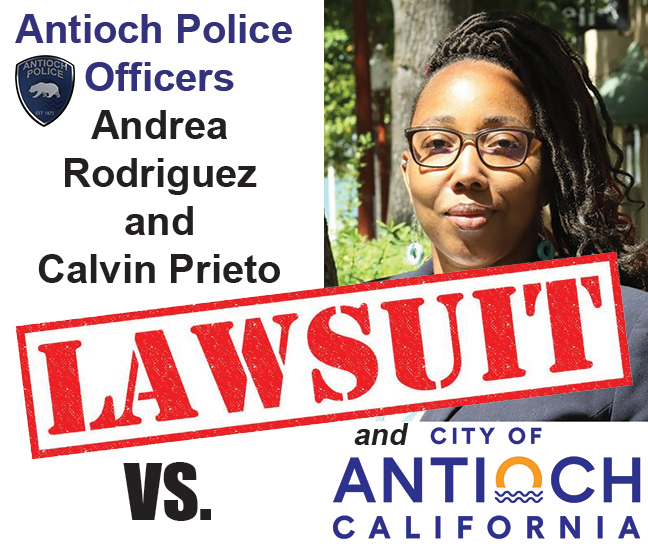
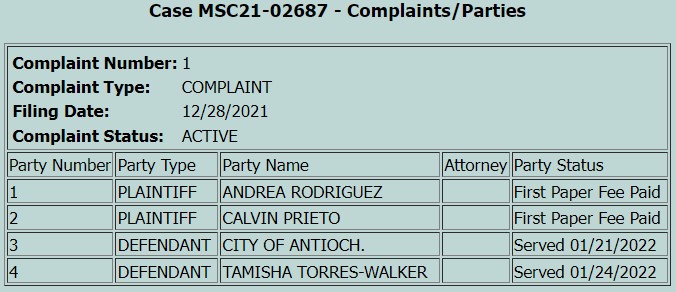
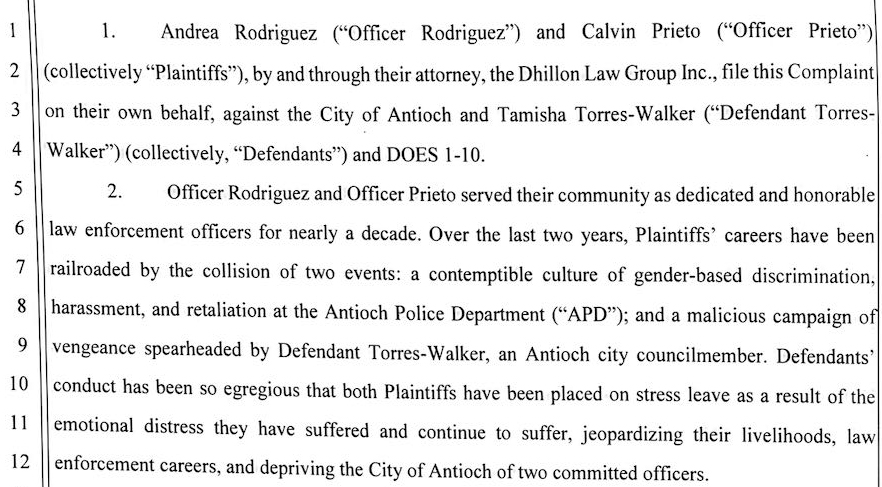

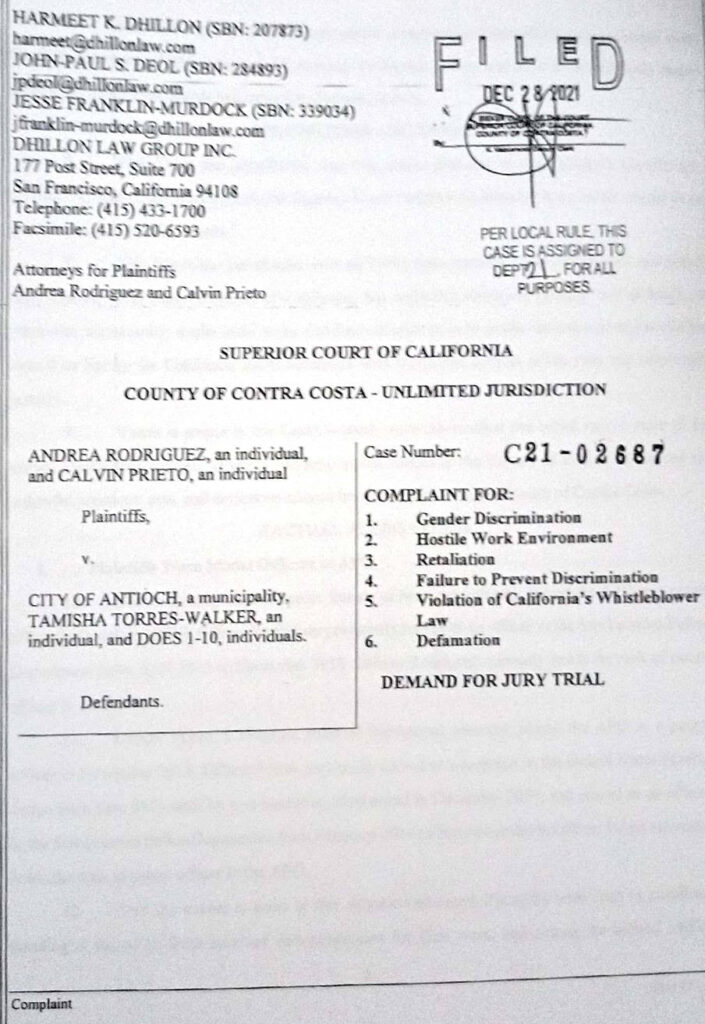
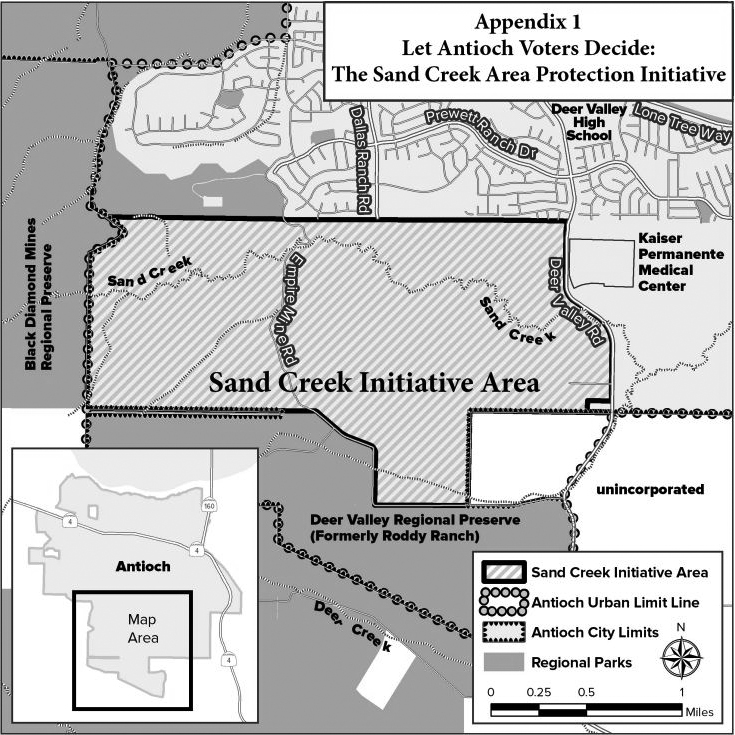
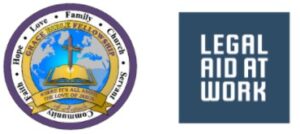 Legal Aid at Work and Grace Bible Fellowship of Antioch are pleased to announce the launch of Legal Aid at Work’s newest location of the
Legal Aid at Work and Grace Bible Fellowship of Antioch are pleased to announce the launch of Legal Aid at Work’s newest location of the 
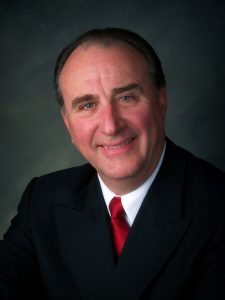
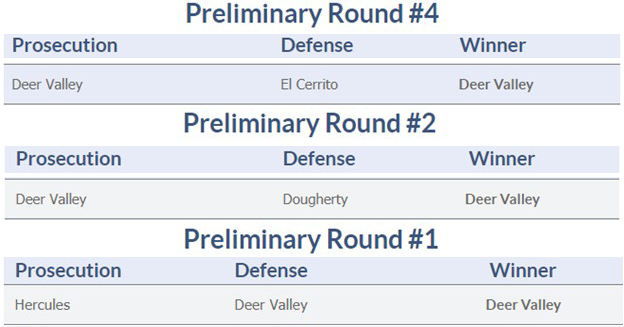
 Now that it’s tax season, and tax forms are arriving in the mail, many people are beginning to find a nasty surprise in their mailbox: an IRS form 1099-G reporting unemployment benefit income that they did not actually apply for or receive.
Now that it’s tax season, and tax forms are arriving in the mail, many people are beginning to find a nasty surprise in their mailbox: an IRS form 1099-G reporting unemployment benefit income that they did not actually apply for or receive.













